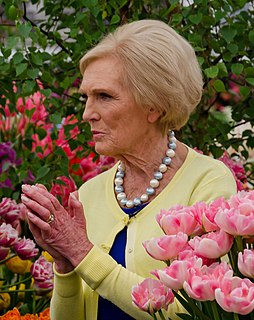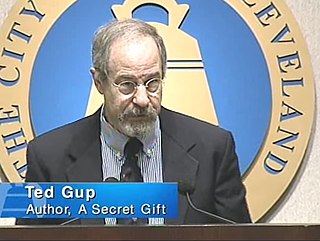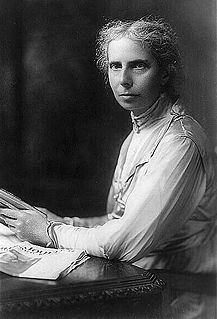A Quote by Sydney Schanberg
I asked him, How could we have a press column if we can't write about other work done in the press?
Related Quotes
I know that some of the folks in the press are uptight about this [moving the press corps out of the West Wing ], and I understand. What we're - the only thing that's been discussed is whether or not the initial press conferences are going to be in that small press - and for the people listening to this that don't know this, that the press room that people see on TV is very, very tiny. Forty-nine people fit in that press room.
The Government's power to censor the press was abolished so that the press would remain forever free to censure the Government. The press was protected so that it could bare the secrets of government and inform the people. Only a free and unrestrained press can effectively expose deception in government.
The press is going to have to learn anew that it's possible to work in an environment that is not so toxic and to readopt those kinds of techniques. The relationship between the press and the Clinton White House during the later period was not a healthy one. There was a lot of hostility and a lot of suspicion. This administration has done systematically what no other administration had done. They came in with a corporate mentality, an ability to stay on script that was without parallel.
I recognize the need to provide the press - and, through you, the American people - with information to the fullest extent possible. In our democracy, the work of the Pentagon press corps is important, defending our freedom and way of life is what this conflict is about, and that certainly includes freedom of the press.
And to me, that is the greatest danger, that people start questioning basic facts and start not understanding the importance of democratic institutions such as the free press. I mean, to call the press the enemy is dangerous and just remarkably bizarre. The press is the only profession protected in the Constitution because of how important the framers viewed the press. But in authoritarian regimes, they control the press. And to me, going down an authoritarian path is the greatest danger that we face as a republic.
In my suffrage work, I learned beyond question that the news coming through the great press agencies was colored and distorted; and if this has been done on one subject, it has doubtless been done on others. A good many women, I think, learned a wholesome distrust of press reports during the suffrage struggle.
I had written a lot about my dog dying before. I wrote a newspaper column about it and it turned out to be the most popular column I'd ever written. That and the lame Joni Mitchell column I did. But the dog column, my god! People love dogs. Anybody who writes regularly should know, when in doubt: dogs! If you're a columnist, when in doubt, write a column about the culture of narcissism - like a scolding column about the culture of narcissism - or write something about dogs. That's the homerun in my take.






























